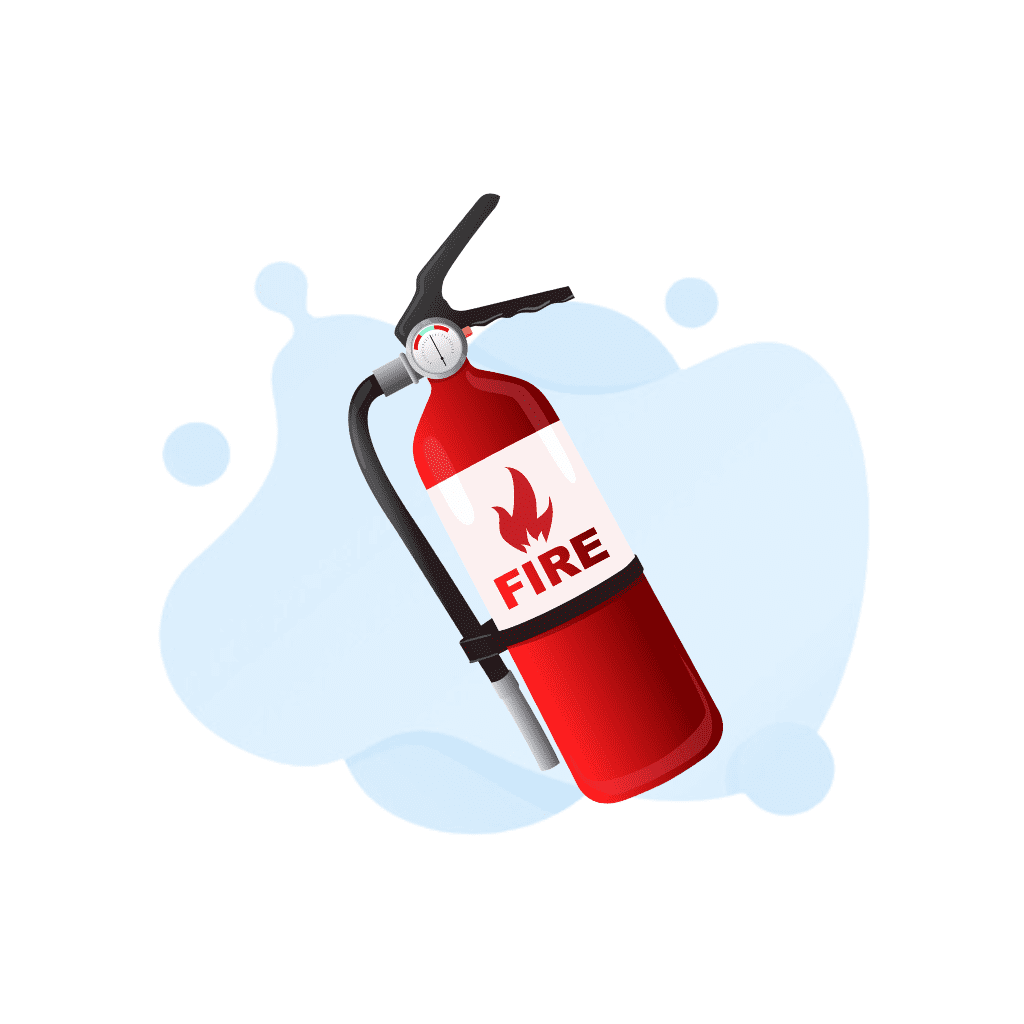Complete Guide to F60 Fire Guard Torch Operations Test

Understanding fire safety rules can seem overwhelming. But, this guide makes it easier to get the F60 Certificate of Fitness for Fire Guard for Torch Operations. The New York City Fire Department (FDNY) issues this important certification. It shows that people doing hot work and torch operations know how to keep their workplace safe.
This guide covers the main parts of the F60 certification. It explains the FDNY’s needs and what you need to know before the test. Knowing the exam details and fire safety rules helps you prepare well. This way, you can pass the F60 test and help keep your workplace safe.
Free F60 Practice Test Online
Key Takeaways
- Understand the FDNY requirements and prerequisites for the F60 Certificate of Fitness
- Familiarize yourself with the test format and structure to prepare effectively
- Learn about essential fire safety protocols and hot work procedures to ensure workplace safety
- Gain practical insights to successfully pass the F60 Fire Guard Torch Operations Test
- Contribute to the overall fire safety of your organization by obtaining the necessary certification
Understanding F60 (Certificate of Fitness for Fire Guard for Torch Operations) Test
The F60 certification is given by the New York City Fire Department (FDNY). It’s needed for those doing hot work like welding and torch activities. This test makes sure fire guards know how to stop and handle fires during these risky tasks.
Key Components of the F60 Certification
The F60 covers many fire safety steps. This includes how to handle flammable materials and use fire extinguishers right. It also teaches emergency plans and how to spot and avoid fire dangers.
FDNY Requirements and Prerequisites
To get the F60, you must meet FDNY rules. This means finishing a fire guard course and showing your work history. You also need to pass a written test and show your skills in a practical test.
Test Format and Structure
The F60 test has two parts: written and practical. The written part checks your knowledge of fire safety and emergency steps. The practical part tests your skills in using fire extinguishers and spotting dangers.

Knowing what the F60 test covers helps you prepare. It’s key to learn fire safety and hot work rules. This keeps your work area safe and reduces fire risks.
Essential Fire Safety Protocols and Hot Work Procedures
To get the F60 certification, you need to know a lot about fire safety and hot work rules. These rules help keep workers and the area safe from torch dangers.
Fire Watch Procedures
Fire watch is key to fire safety. It means having trained people watch the area during and after hot work. They do things like:
- Spotting and putting out fires or sparks
- Having fire-fighting tools ready
- Watching closely during and after the hot work
Welding and Cutting Fire Prevention
Stopping fires during welding and cutting is very important. To do this, you need to:
- Keep the area safe from sparks
- Check the area for flammable stuff
- Wear flame-resistant clothes
Open Flame Permit Regulations
Using open flames, like torches, needs special permits. Getting these permits and following the rules is key to staying safe and following fire codes.
| Permit Requirement | Description |
|---|---|
| Hot Work Permit | Allows using open flames, sparks, or heat tools |
| Welding and Cutting Permit | Is for welding, cutting, and other hot work |
By sticking to this fire safety rules and hot work steps, workers can keep their work area safe and follow fire codes.

Conclusion
The F60 Fire Guard Torch Operations Test is key to keeping workplaces safe. It shows how important fire guards are in handling torch operations. They must know the rules, watch for dangers, and handle flammable stuff carefully.
This guide helps fire guards do their jobs well. It makes sure everyone is safe when using torches. Passing the test shows you care about fire safety and are good at your job.
When you take the F60 exam, focus on spotting fire dangers and following rules. Stay alert and careful during work. This guide will help you be a safety leader at work. You’ll make a big difference in keeping fires away.